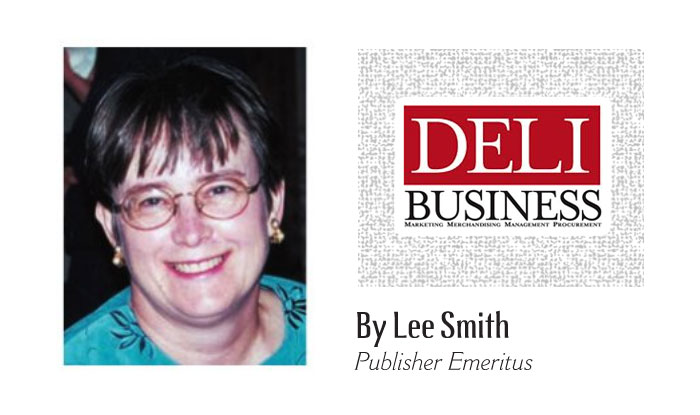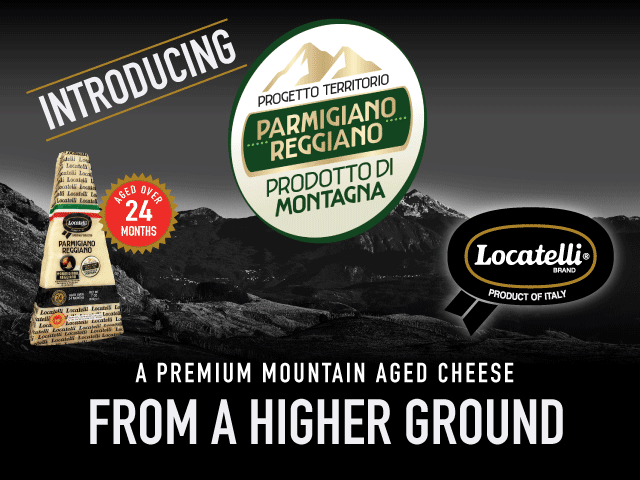Raw Milk Versus Pasteurized Milk Cheeses
May 1, 2023 | 3 min to read
The debate over raw milk versus pasteurized milk in cheese production remains complex. While raw milk cheeses, like Parmigiano Reggiano, offer nuanced flavors and have been safely consumed for centuries, the safety regulations from 1949 lack current scientific backing. The USDA aims to ensure food safety, recognizing that no food is risk-free. Ultimately, better science is needed to enhance cheese quality, as the notion that raw milk guarantees superior flavor is often overstated.

The raw milk versus pasteurized milk use in cheeses will continue to be a controversial subject. First, one should not confuse the debate about raw milk consumption with cheeses made from raw milk. When debating cheese, the milk is transformed into cheese, which is another product. Raw milk cheeses have been consumed for thousands of years and were a technique used to preserve milk and increase safety. In some countries, Europe specifically, raw milk cheeses are common, regardless of the variety. There is a longstanding tradition for making cheeses, and foodborne illnesses are rarely associated with their consumption. With very young cheeses, there is a universal move to use pasteurized milk, probably driven by the export markets. There are, however, other cheeses that are universally considered safe, such as some raw milk cheddars, Parmigiano Reggiano and Grana Padano, for example.
In 1949, the U.S. determined that raw milk cheeses aged over 60 days were safe to consume. Unfortunately, the science of 1949 is far behind the science of today. Consequently, there is frequent debate about the relevancy of a rule that has a lack of current scientific evidence. There also have been great strides in making raw milk cheeses safer.
It is important to understand the mission of the USDA. The USDA is there to ensure a safe food supply. In other words, to eliminate all risk. If there were enough rules to prevent even a single incident of a foodborne illness, they would be proponents of the rules. However, no food is risk free. Pull a carrot out of the ground, and it will probably have listeria. Milk has bacteria, yeasts and molds; some perfectly safe and others that are problematic. Unless you want to douse raw chicken in chemicals, it will likely have salmonella, which is why chicken is to be thoroughly cooked. In cases like coliform, there are strains that are deadly, and others that pose no risk. Current regulations have zero tolerance for coliform, the rational being if any coliform is present, it is an environment that could allow for the deadlier strains.
This is a very complicated subject, and there will be no quick and easy answers. There are, however, other topics of debate. One is flavor. There is almost universal agreement that raw milk cheeses have a more complex and nuanced flavor profile. I disagree, and I will admit my opinion is unpopular. Years ago, I went to an event in Paris, where French raw milk cheeses were displayed next to their pasteurized versions. Both were made from the same milk, by the same maker, and both were the same age. In a roomful of experts, it was surprising how small the differences were. Was it different, yes, but the quality was very good. If someone was tasting the cheeses a day apart, it would have been almost impossible, especially if the taster was a consumer. At another event I hosted in San Francisco, I had brought together a small group of very knowledgeable European cheesemakers. I wanted them to taste cheeses that I thought were some of the best cheeses being made in the United States paired with American wines. Some of the cheeses were made from raw milk, and some of them were made from pasteurized milk. At one point, I asked them what cheeses they thought were made from raw milk. There was little agreement, but everyone was surprised; surprised at the very high quality. Unfortunately, raw milk does not guarantee high quality.
What we really need is better science to help cheesemakers produce the best cheeses regardless of using raw or pasteurized milk. Do raw milk cheeses offer benefits? I believe yes. There are subtle, nuanced flavors that are better in most raw milk cheeses. The microorganisms in raw milk cheeses are more diversified and offer better probiotics; however, we do not need to turn the talk of raw milk cheeses into myths and nonsense.
6 of 7 article in DeliBusiness Apr/May 2023


